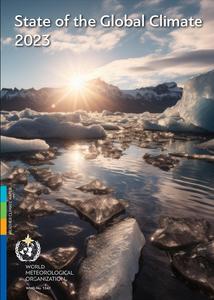A recent study published in the Journal of Geophysical Research: Atmospheres highlights the significant impact of updating climate baselines on the assessment of extreme weather events in China. Researchers, led by Ph.D. student Li Lan, found that transitioning from the 1981–2010 baseline to the 1991–2020 baseline shows a notable increase in the frequency of cold extremes (10% to 38%) and a decrease in the prevalence of hot extremes (11% to 32%). Heavy precipitation events also showed reduced occurrences but with increased intensity in regions like Northeast China. Additionally, the study found that baseline updates affected the “Time of Emergence” (ToE) of climate signals; high-temperature ToEs were delayed by up to eight years, while cold extremes and heavy rainfall events emerged earlier. The authors stress the importance of considering these baseline changes in risk assessments and urge for international collaboration to standardize climate monitoring.
Source link
Impact of Revised Climate Baselines on Extreme Event Detection in China
Previous ArticleDOGE and Trump Stifle Klamath River Revival


